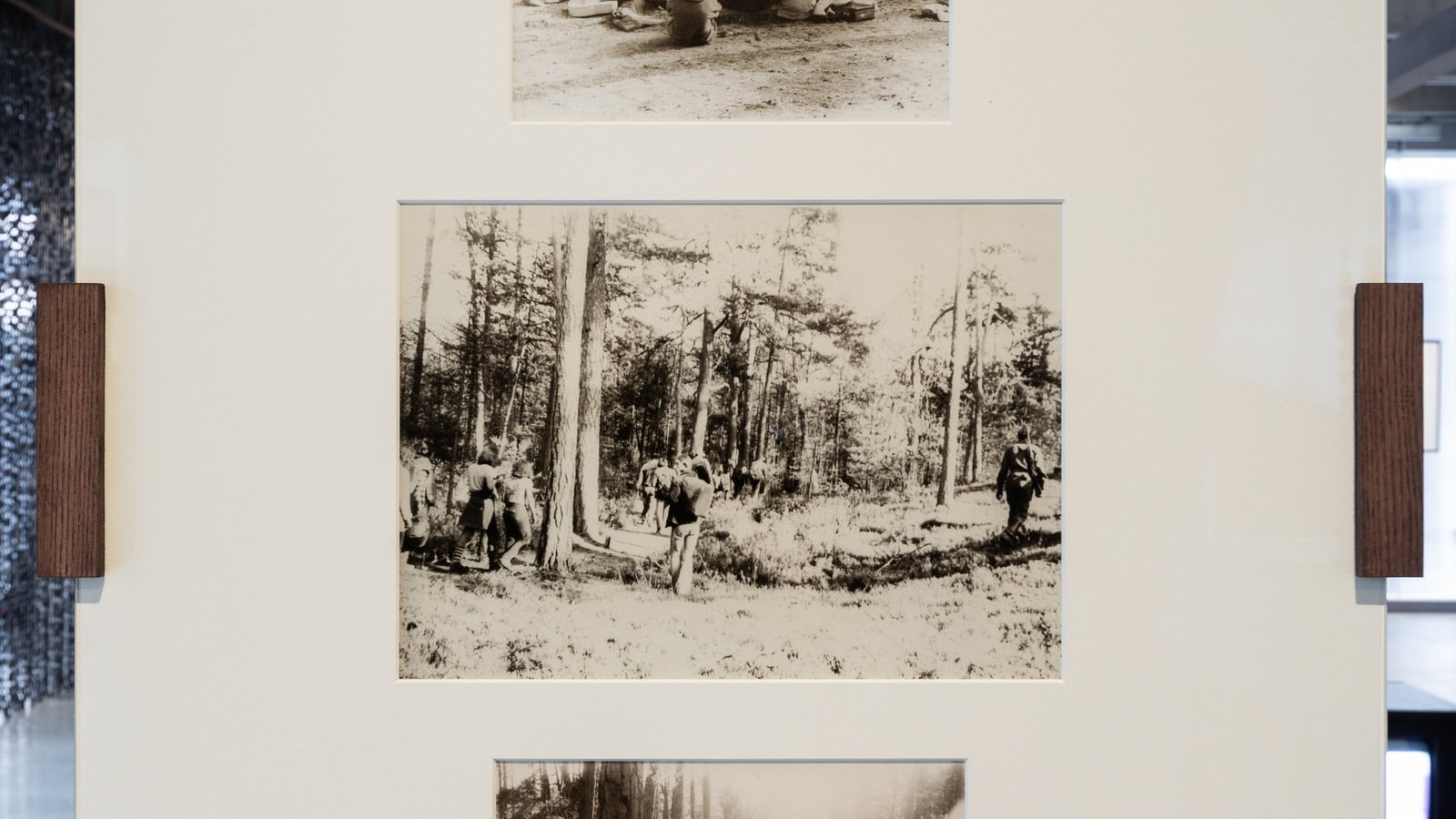Sekretiki No. 17. Camp Fire, Sleeping Bag, Tent
In order to consider the legacy passed from the 1960s generation to the youth counterculture movement of the early 1980s, one needs to reflect on the changes that affected the socially and politically charged phenomenon of campfire gatherings and the semi- legal network of D.I.Y. singer-songwriters (Klub samodeyatel’noi pesni, or KSP). “Campfire, sleeping bag, tent” is one alternative version of how to expand the abbreviation KSP, pointing to the crucial role of camping as a form of escapism for the 1960s generation, who felt that outdoor activities offered a way of life in which such values as courage, friendship, risk, trust, and mutual support still mattered. By the 1980s, outdoor activities were far too institutionalized and mainstream to still be attractive as a countercultural platform, while the singer-songwriter movement had to step aside to give the stage to rock.
Hippie camps, such as Gauja, were still important gathering places, but they were easy to spot and subject to harassment by the authorities. The social circle that formed around the campfire was often broken up, literally stretched out in a straight line and escorted by armed police out of the woods. It was easier to build hidden urban networks, commute between cities, and gather in semi-underground clubs than to find a communal hiding place somewhere in the countryside.
